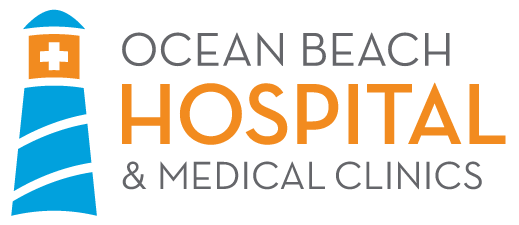What is cardiac ultrasound?
Cardiac ultrasound (also known as echocardiography) is a process that uses high-frequency sound waves to create images of the patient’s heart. Specifically, it creates moving images of the heart’s chambers, valves and walls, as well as the blood vessels (aorta and inferior vena cava) attached to the heart.
A cardiac ultrasound can be used to determine the size and shape of the heart, the thickness and movement of the heart’s walls, the heart’s pumping strength, and whether or not the heart’s valves are functioning properly. Cardiac ultrasounds can reveal stenosis (abnormal narrowing of a channel), regurgitation (backward leakage of a heart valve), thrombus (a blood clot that forms inside a vein or artery), vegetation (a mass of bacterial growth on a heart valve), tumors and aneurysms (an abnormal widening or ballooning of an artery wall). Note that with regard to thrombus and aneurysms, our cardiac ultrasounds focus exclusively on the heart itself and the aorta, respectively.
What to expect during a cardiac ultrasound
An echocardiographer (also known as a cardiac echo tech or cardiac sonographer) will apply gel to your skin as he or she passes a probe called a transducer over your chest. From four or five different locations, the probe uses sound waves to penetrate the skin and create images of the structures of your heart. No radiation is involved in a cardiac ultrasound. The exam takes approximately 45 minutes, and there are no dietary or medication restrictions leading up to the exam.
The sonographer may review the images with a supervisor or physician while you are still in the room. Ultrasound images and Doppler recordings will be submitted to a cardiologist who will interpret the images and provide a report to your referring physician.
